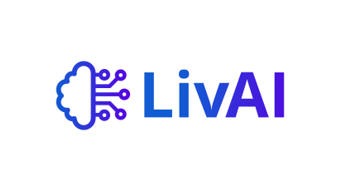- “The use of AI for Education in Third Age: the role of EU project” study outlines the potential of AI in supporting older adults
- Some weak points must still be addressed even though European projects have helped to create a more inclusive environment for older people
Brussels, 20 January 2025. A recent study published in the Geopolitical, Social Security and Freedom Journal, titled “The use of AI for Education in Third Age: the role of EU project”, highlights the potential of artificial intelligence (AI) in supporting older adults. It shows that while European projects help to create a more inclusive environment, there’s still work to do to fully utilize AI’s benefits in this space.
The report addresses various weak points involving older people in the use of AI. The first issue is about the accessibility and usability of AI technologies, highlighting the complexity of interfaces and the lack of basic digital literacy. To solve this problem, AI tools need to be more intuitive and accessible for older people. Concerning digital literacy and ongoing training, elderly people can feel overwhelmed or excluded if they are not supported by accessible, progressive and personalized training programs. Implementing ongoing training programes and providing long-term support is key in this regard.
Another problem the report points out is the equal access to technology. European projects address inequalities in access to technology and digital literacy, and ensure AI is available and accessible to all older adults, regardless of their socio-economic status. Furthermore, an intergenerational approach where young and older people learn about AI technologies together could improve educational and social outcomes and promote social cohesion.
The report aims also that the integration of AI for older people should as well consider the emotional and psychological aspects, to reduce isolation and loneliness, developing and promoting meaningful social interactions and psychological support through AI technologies. Referring to ethics and safety, projects must take a rigorous ethical approach and ensure older people are well informed and are able to understand how their data will be used. Moreover, clear ethical guidelines must be established for the use of AI to protect older people’s autonomy and dignity.
Finally, the study highlights the integration of AI in healthcare systems and medical monitoring for older people. Thanks to AI, healthcare providers can adapt treatment plans based on individual health metrics as well as identify patterns and predict potential health problems before they occur, enabling timely interventions.
About the Erasmus+ LivAI project
The Erasmus+ LivAI project is led by Universitat Jaume I (Spain), in collaboration with Finnova Foundation (Belgium), Konnektable Technologies Ltd (Ireland), EFCoCert (Switzerland), Project Consult (Italy), and UBITECH (Greece), the project has a total budget of EUR 250,000.



